Director-General of Sida, Ms. Carin Jämtin visited Bosnia and Herzegovina yesterday and met with representatives of the Sarajevo Economic Region Development Agency (SERDA), the Mozaik Foundation, the Greens Society and the Institute for Youth Development KULT. This meeting was also attended by Lisa Fredriksson – Director of Sida’s Department for Europe and Latin America, Johanna Strömquist – Ambassador of Sweden to BiH, and Eva Smedberg – Head of Development Cooperation at the Embassy of Sweden in BiH.
The meeting focused on the needs of Bosnia and Herzegovina for a successful and healthy future, explored how Sweden’s support can contribute to building a society based on EU and Swedish values, and highlighted the efforts of civil society organizations to improve life in BiH.
Representatives of organizations and programs who attended the meeting are part of a growing ecosystem working for a better BiH. Beneficiaries of Swedish support in Bosnia and Herzegovina talked about their own experience, the organizational, professional, and personal change they experienced thanks to Sweden, and the impact of this support on them as individuals and the entire BiH society. They particularly emphasized Swedish cooperation with local governments and individuals, which has proven to be transformational.

Hana Džananović, participant in the Learn, think, and Act! training course, shared her experience and talked about what training courses mean to young people, what opportunities they create, and how much they affect individuals. Ermin Beganović, a representative of the City of Cazin, talked about the importance of projects such as the YouthBank for community and youth growth, while Amir Hasanović, director of the NARKO-NE association, spoke about how support is allowing our country to work on improving mechanisms for implementing more effective policies. Asim Ćosić, a young and promising BiH entrepreneur, emphasized the importance of co-financing provided by Sweden in support of sustainable economic development of BiH.

“Without the work of civil society organizations, many human rights issues and issues related to building a robust support system that allows individuals and organizations to contribute to change would not be on the political agenda in BiH. We need this support to continue. The biggest challenge that BiH is currently facing is the exodus of young people who have no intention of ever returning to BiH. Although the process of strengthening NGOs is riddled with obstacles, a substantial amount of legislation intended to support social and economic development started off as NGO initiatives and decision-makers are more open to cooperating with non-governmental organizations on developing and adopting legislation. Young people are eager to lead their communities, drive social and political change, or start their own businesses, provided they receive support from the government and civil society organizations. In addition to funding, NGO programs provide youth with mentoring, which is crucial for sustainability. Mozaik, SERDA, and the Institute for Youth Development KULT also offer such programs,” said Mr. Jasmin Bešić, CEO of the Institute for Youth Development KULT.
Addressing the representatives of organizations and the beneficiaries of their programs, Ms. Carin Jämtin, Director-General of Sida, said that Sweden’s support to Bosnia and Herzegovina is extremely important, especially in light of the current challenges facing Europe and will not stop. Ms. Jämtin said that Sweden would continue to be a partner to Bosnia and Herzegovina, and especially to its civil society, and the examples and ideas she heard at the meeting reinforce her sincere belief that Bosnia and Herzegovina is a country with enormous potential and should continue to develop and progress towards full EU membership.
Zoran Puljić, director of the Mozaik Foundation, emphasized that Sweden, along with other countries, should offer multidimensional support to Bosnia and Herzegovina. He stated that a program-based approach to this support would not only benefit individuals and organizations but also drive development by strengthening ties with the EU and Sweden.
The Institute for Youth Development KULT is grateful for the opportunity to be part of this meeting and contribute to the conversation about the current situation in Bosnia and Herzegovina, young people’s achievements, and the types of support that would benefit Bosnia and Herzegovina the most.



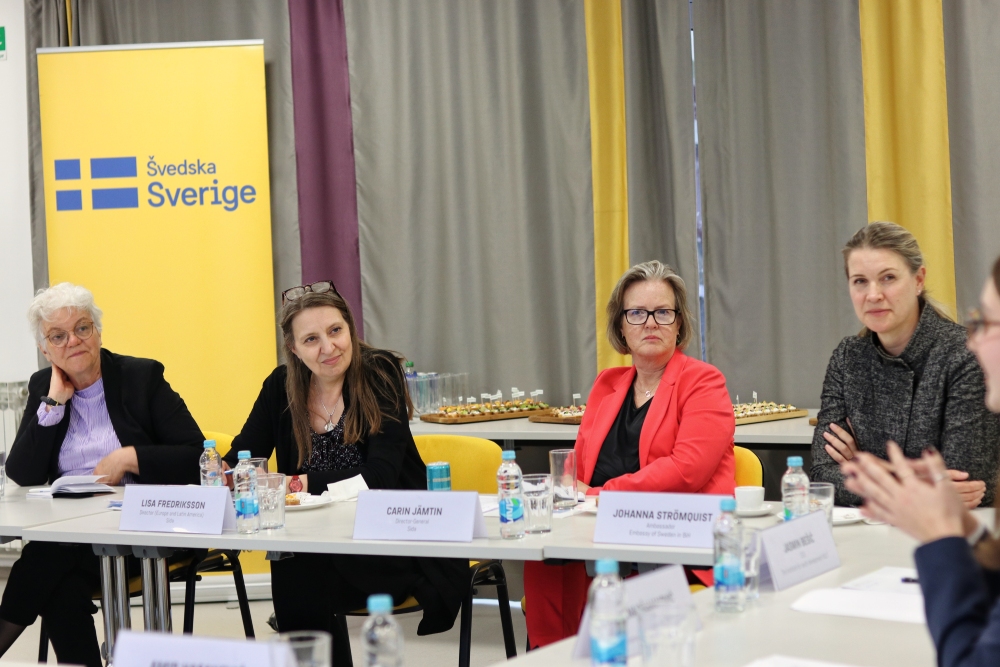
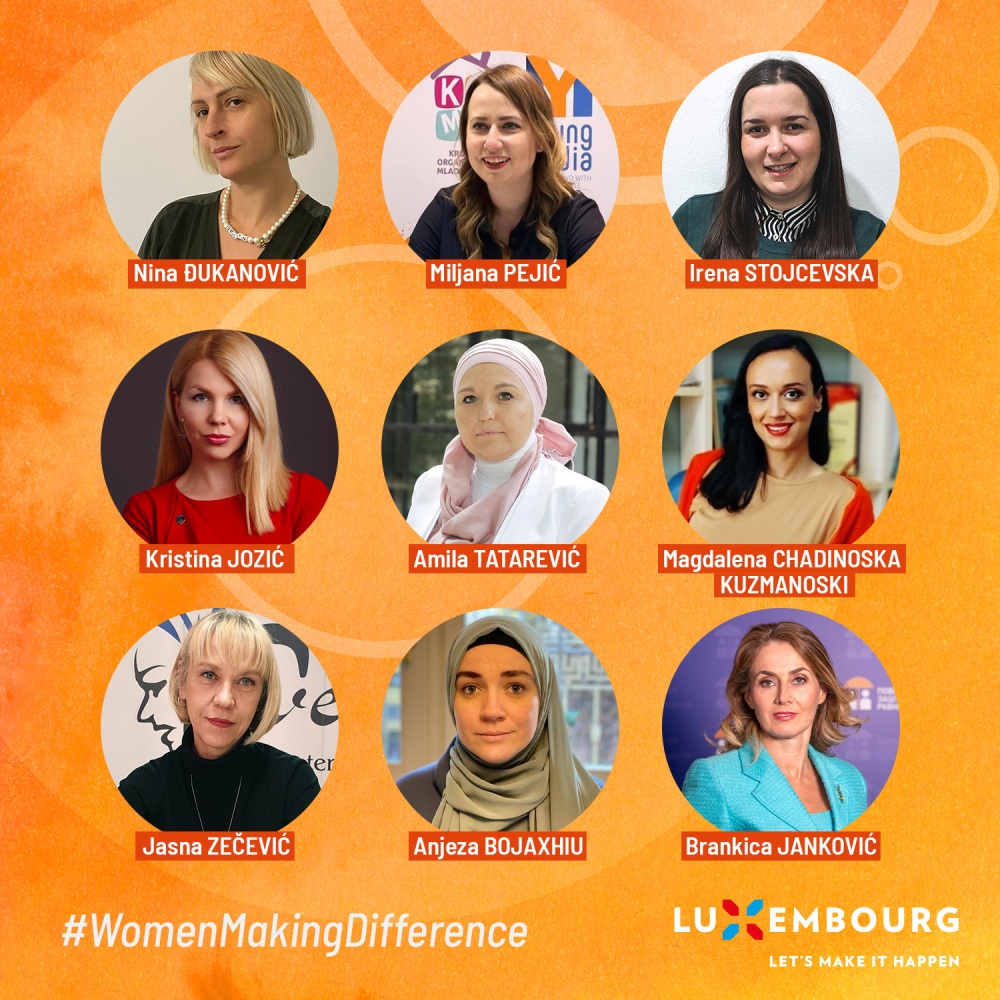








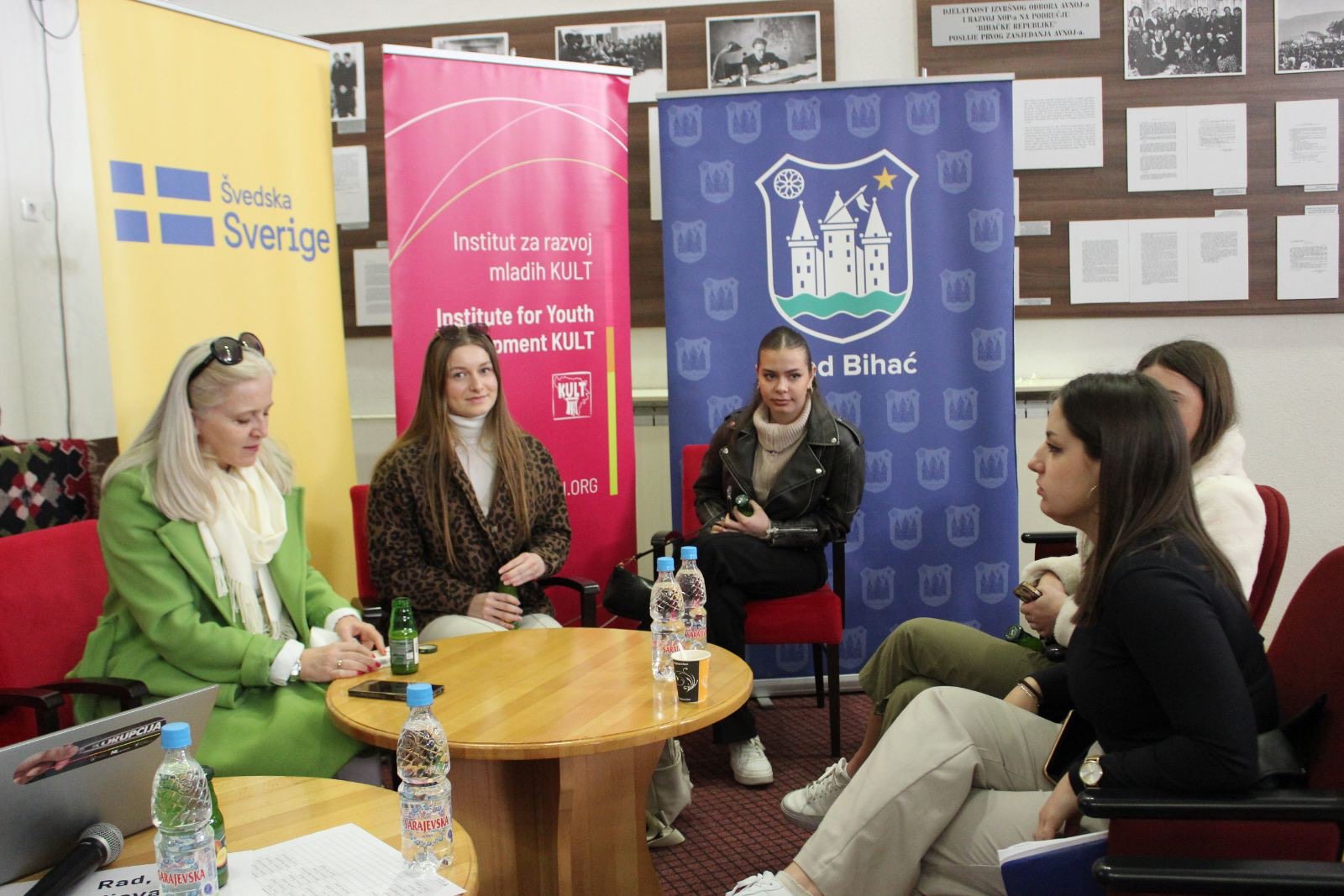
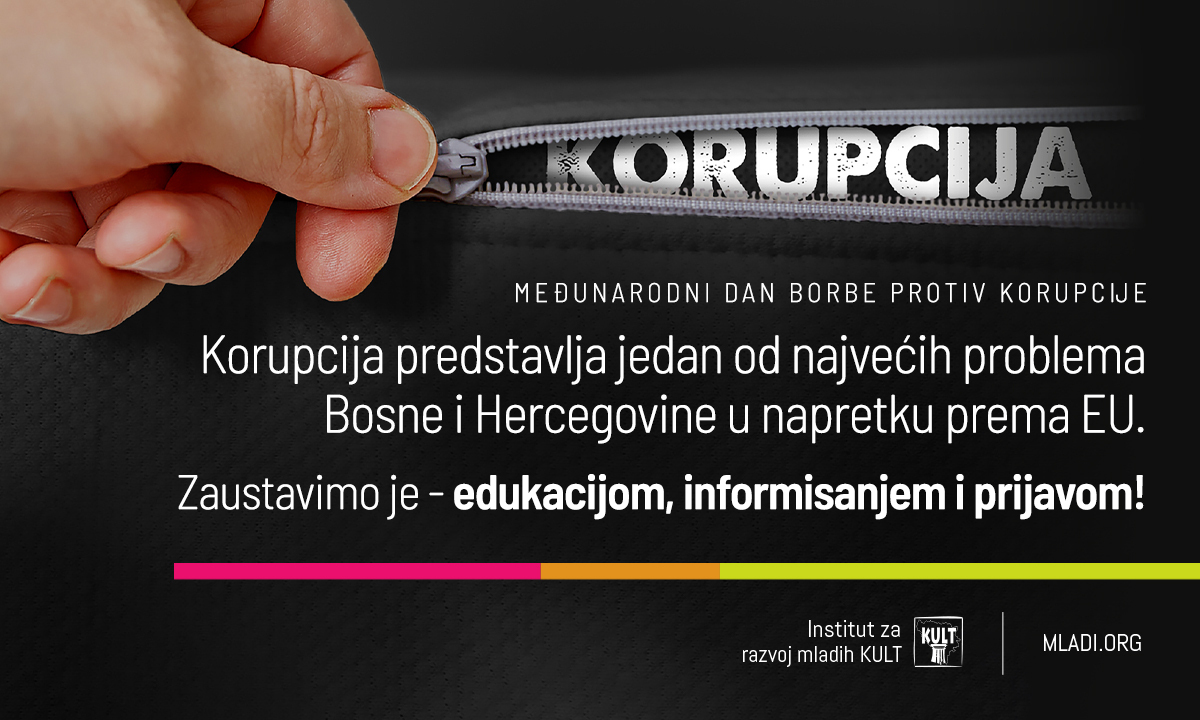
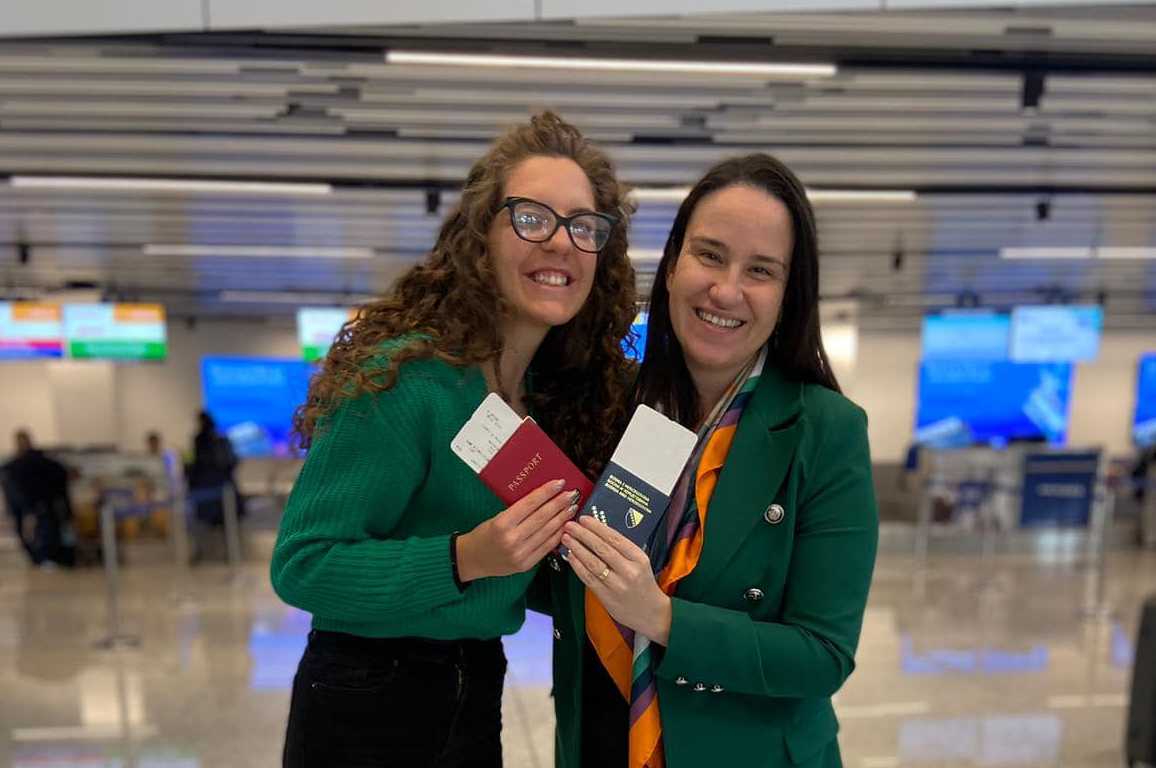
Leave a comment